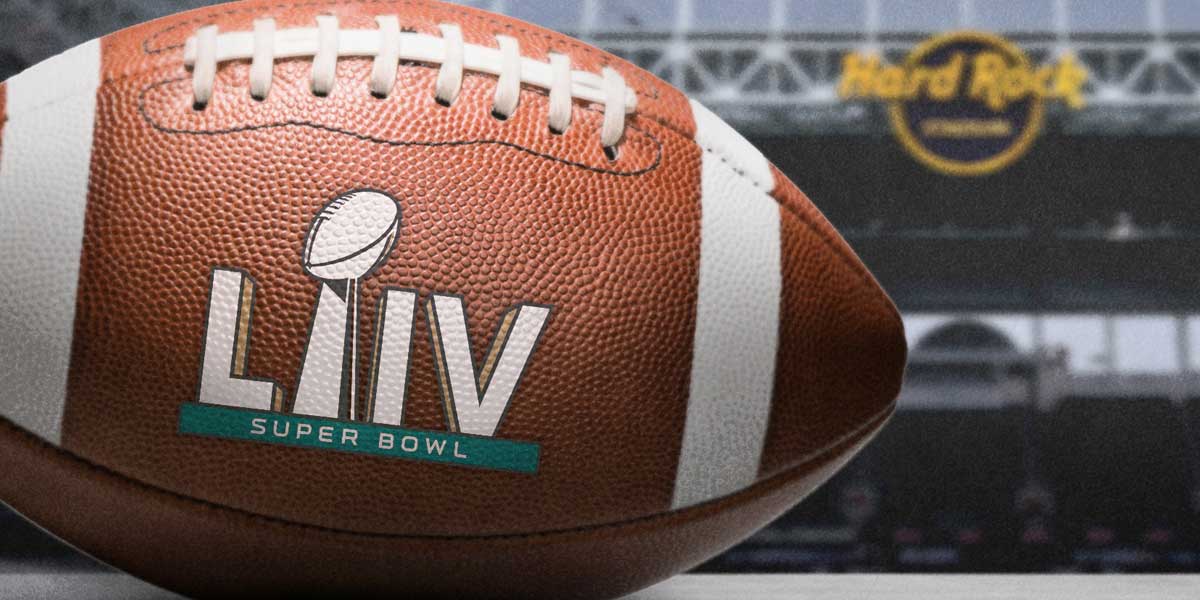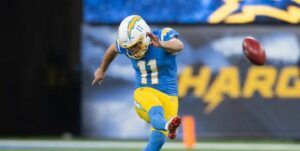- Nevada sportsbooks earned $34.9 million in revenue on $466.3 million in bets during February.
- New Jersey earned only $16.9 million in revenue on $494.8 million in bets during the same time frame.
- Nevada likely profited from a high volume of losing Super Bowl bets, while New Jersey lost money on a large number of winning bets.
- With COVID-19 shutting down sports nationwide, January and February financial success will have a disproportionate effect on annual sportsbook financial success.
LAS VEGAS – After recording their lowest hold percentage in 18 months in a disappointing January, Nevada’s sportsbooks rebounded with a highly successful February. New Jersey’s fortunes mirrored Nevada’s, with February revenues plummeting after a record-setting January.
Nevada handled $466.3 million in sports wagers and collected $34.9 million in revenue, for a hold of 7.49%. New Jersey handled a higher volume bets, at $494.8 million, but collected only $16.9 million in revenue—a hold of 3.42%.
The 3.42% hold was New Jersey’s lowest monthly hold on record, edging out the 3.55% hold from June 2019.
It is interesting to see such stark differences between America’s preeminent sports betting states. One potential culprit is regional disparities in rooting interests and bets on the NFL’s Super Bowl.
The losing San Francisco 49ers are located much closer to Nevada, while the winning Kansas City Chiefs are located closer to New Jersey.
Super Bowl Revenue Differences
New Jersey handled an impressive $54.2 million in Super Bowl bets in 2020 but lost $4.3 million on those bets. Nevada handled an even more impressive $154.7 million in Super Bowl bets and earned $15.2 million in revenue, a hold of 9.97%.
Neither Nevada nor New Jersey releases itemized sports bets, but it would make sense just based on geography that Las Vegas would handle more bets on the 49ers and New Jersey would handle more bets on the Chiefs.
Advertising Disclosure
USAOnlineSportsbooks.com provides you with the most current information regarding sports betting and fantasy with the help of commissions we receive from links you may click on our site.
There is precedent for regional fandom causing sportsbooks to take a massive hit. In Delaware and Rhode Island during the 2019 Super Bowl, for example, sportsbooks lost millions of dollars because so many local New England Patriots fans bet on their hometown team.
Even after drastically adjusting odds, sportsbooks couldn’t get people to bet on the Los Angeles Rams. So when the Patriots eventually won by double digits, it had a catastrophic effect on revenues.
Long-Term Implications of February
With the COVID-19 pandemic racking industries around the world and shutting down major sporting events for the foreseeable future, February will likely be the last full month of sports betting revenue until at least mid-summer.
The Super Bowl is the biggest betting event of the entire year, with March Madness being a close second. Now that March Madness has been cancelled, the Super Bowl will have a disproportionate effect on overall yearly financial results.
Although the Super Bowl losses were disappointing for New Jersey sportsbooks, a historically successful January will help cushion that blow and ensure that they remain solvent throughout this crisis.
For Nevada, Super Bowl success might have given operators the boost they need to carry them through the next several months.

With a background in sport performance and business analytics, Carter’s writing focuses on engaging readers while simultaneously providing them with the empirical data they need to make informed, winning decisions.






